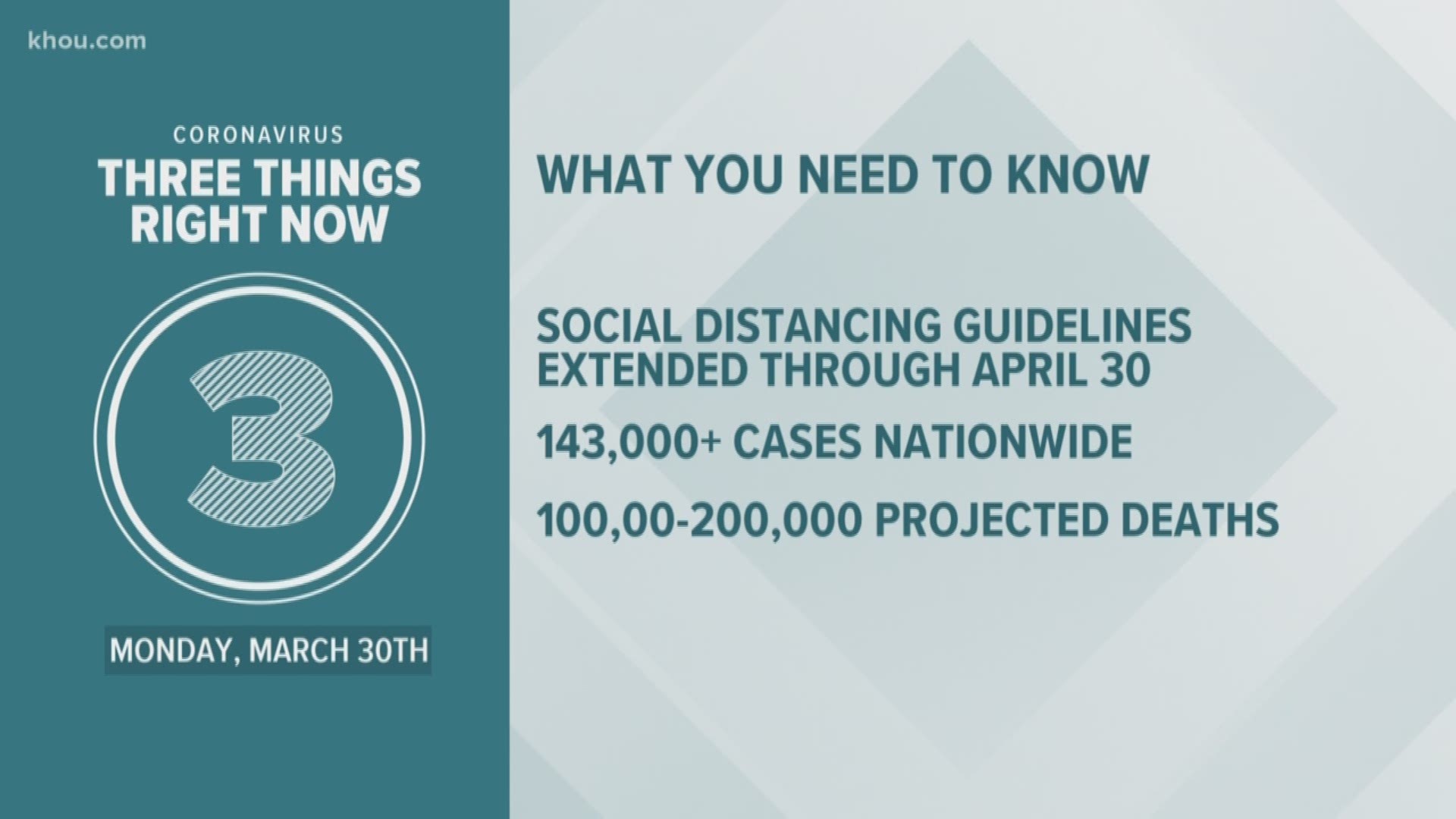Those infected with the coronavirus and have recovered could be the key to fighting the disease.
One potential treatment being tested at Houston Methodist uses the antibodies built up in the blood of patients who had the illness, CBS This Morning reports.
This past weekend, Dr. Eric Salazar, an assistant professor of pathology and genomic medicine at Methodist hospital, supervised the treatment he hopes could become the first proven therapy against COVID-19.
How it works:
Blood is taken from recovered patients that contain antibodies that could attack the virus. Dr. Salazar and his team then transfuse plasma, the part of blood containing those antibodies, into critically-ill patients.
Dr. Salazar told CBS News that he is watching closely to see if this treatment works and he hopes to treat as many people as possible.
According to CBS News, this treatment was used in a small number of people in China. But more research is needed to prove this treatment actually works and how long it takes for critically-ill patients to recover once they received the transfusion.
Antibodies against coronavirus are not only being used for treatment, but they also help identify people who may have been infected without knowing it.
Read more on cbsnews.com.
MORE ON CORONAVIRUS:
Coronavirus symptoms
The symptoms of coronavirus can be similar to the flu or a bad cold. Symptoms include a fever, cough and shortness of breath, according to the Centers for Disease Control. Some patients also have nausea, body aches, headaches and stomach issues. Losing your sense of taste and/or smell can also be an early warning sign.
Most healthy people will have mild symptoms. A study of more than 72,000 patients by the Centers for Disease Control in China showed 80 percent of the cases there were mild.
But infections can cause pneumonia, severe acute respiratory syndrome, kidney failure and even death, according to the World Health Organization. Older people with underlying health conditions are most at risk for becoming seriously ill. However, U.S. experts are seeing a significant number of younger people being hospitalized, including some in ICU.
The CDC believes symptoms may appear anywhere from two to 14 days after being exposed.
Human coronaviruses are usually spread through...
- The air by coughing or sneezing
- Close personal contact, such as touching or shaking hands
- Touching an object or surface with the virus on it, then touching your mouth, nose or eyes before washing your hands.
Help stop the spread of coronavirus
- Stay home when you are sick.
- Eat and sleep separately from your family members
- Use different utensils and dishes
- Cover your cough or sneeze with your arm, not your hand.
- If you use a tissue, throw it in the trash.
- Follow social distancing
Lower your risk
- Wash your hands often with soap and water for at least 20 seconds. If soap and water are not available, use an alcohol-based hand sanitizer.
- Avoid touching your eyes, nose, and mouth with unwashed hands.
- Avoid close contact with people who are sick.
- Clean and disinfect frequently touched objects and surfaces.
- If you are 60 or over and have an underlying health condition such as cardiovascular disease, diabetes or respiratory illnesses like asthma or COPD, the World Health Organization advises you to try to avoid crowds or places where you might interact with people who are sick.
Get complete coverage of the coronavirus by texting 'FACTS' to 713-526-1111.

